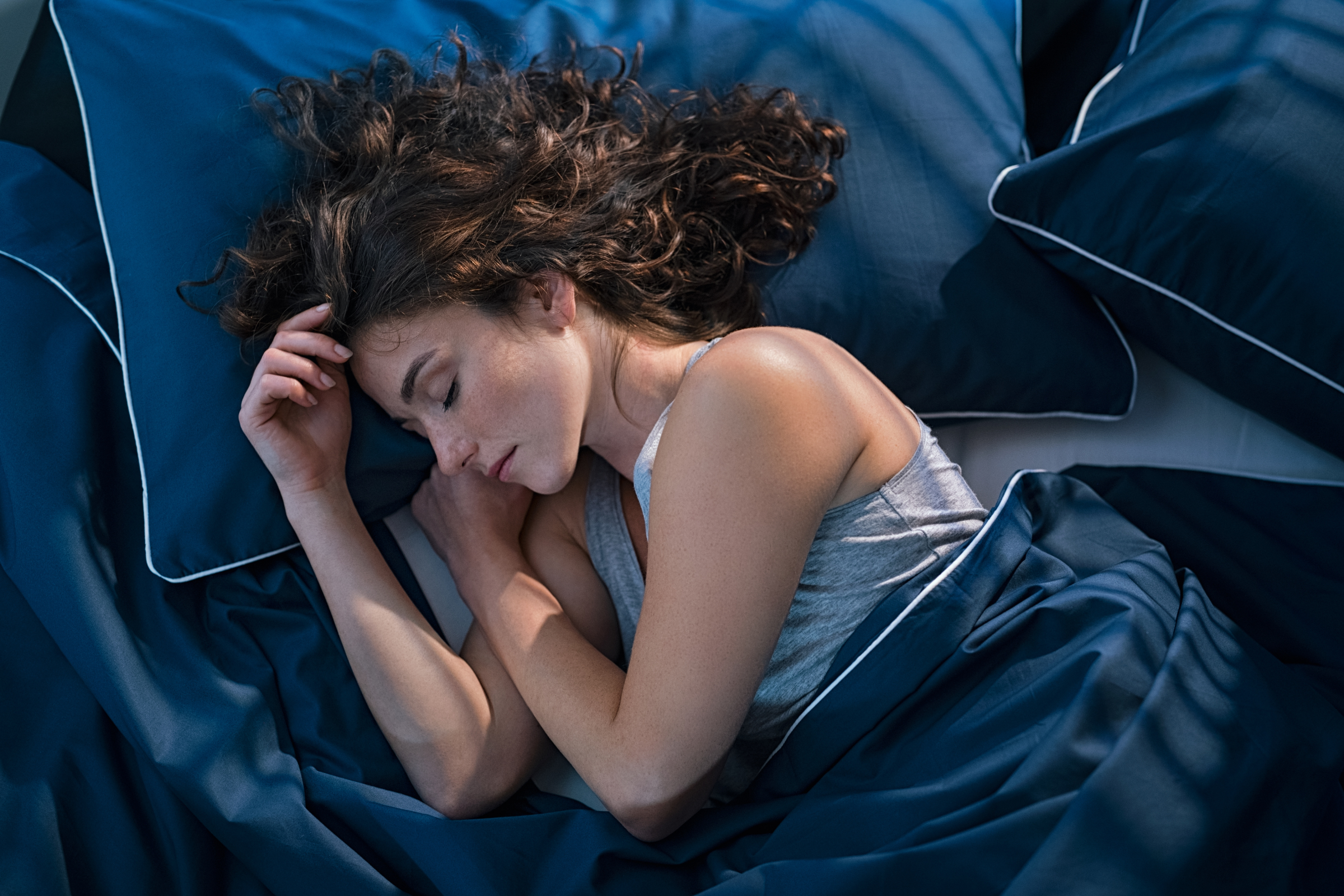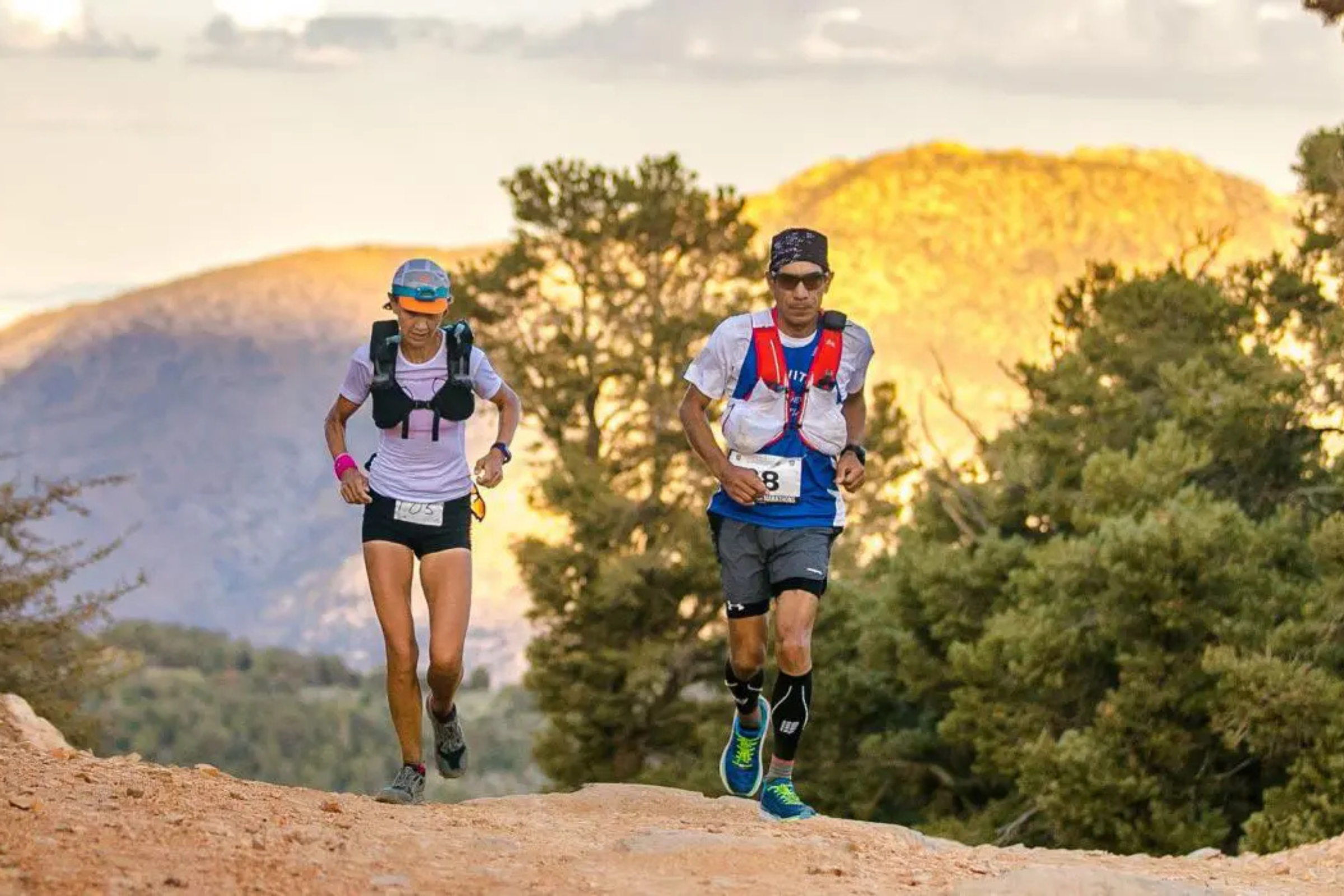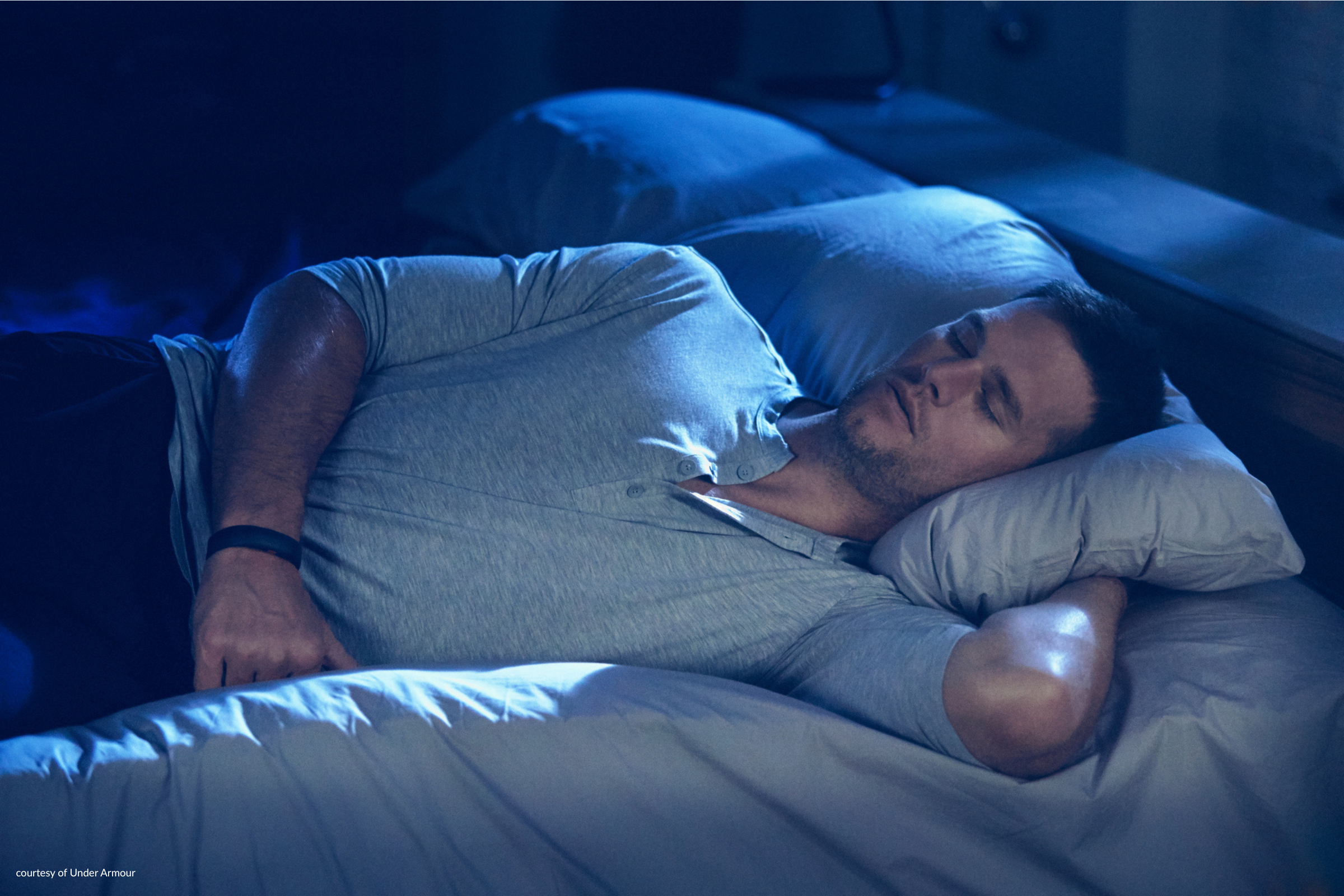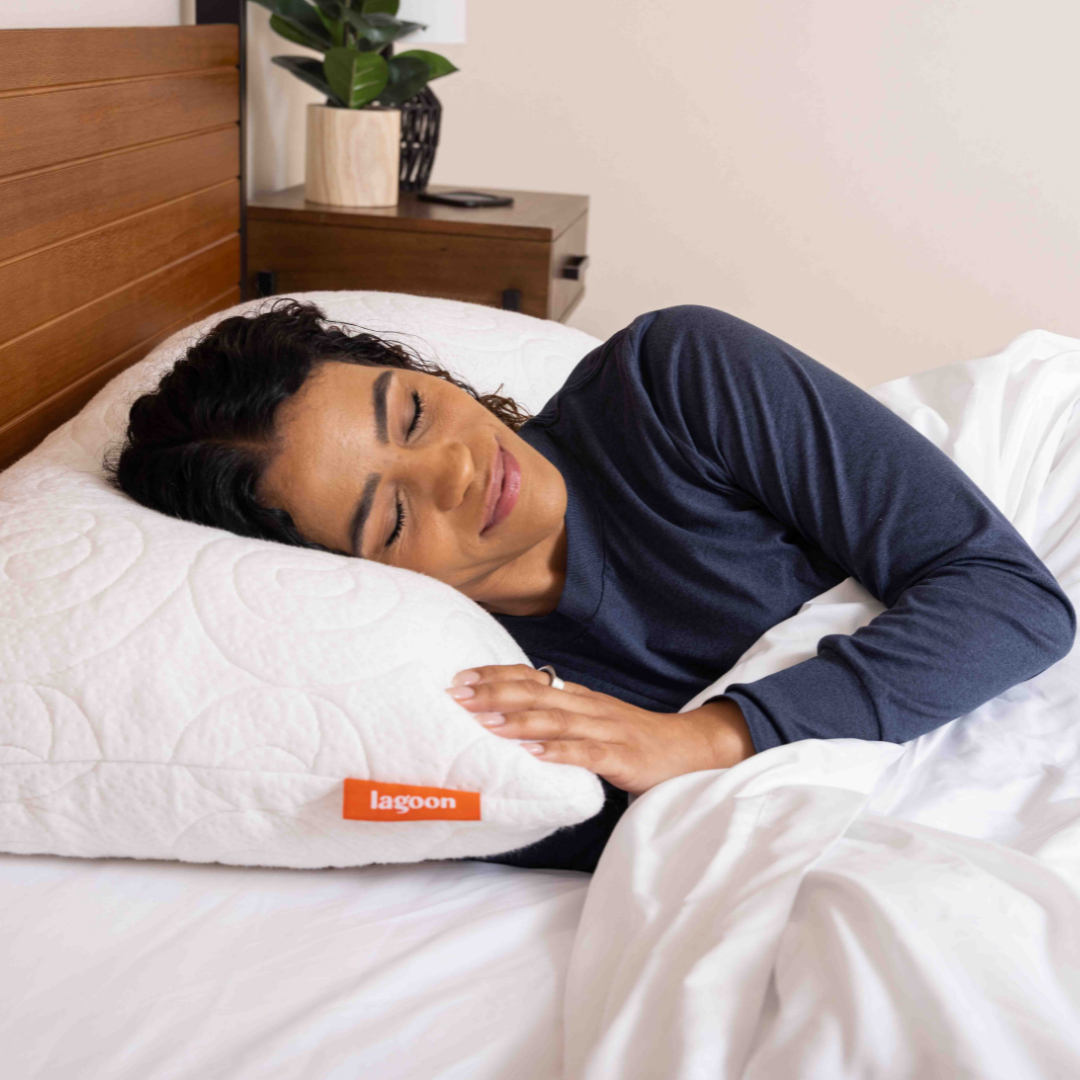Hi Packlings,
What two words does Melinda Gates have for people who don’t get enough sleep? How does sleep and mental health differ from men and women? We’ve got this and more covered in this week’s edition of Sleep & Fitness - let’s get into it!
✌️ Melinda French Gates Has 2 Words for People Who Don’t Get Enough Sleep.
In a world where historically “sleep is for the weak”, the tides are beginning to turn as more people place a premium on allowing enough time for optimal sleep. According to Melinda French Gates, to think less sleep makes you more productive makes you “so dumb”. The consequences of looking down on sleep are anything but trivial. From heart disease to an increase in anxiety, the impacts of sleep deprivation reach far beyond mere tiredness. According to the CDC, almost 40 percent of adults define anything fewer than six hours as not enough sleep. Yet the perception still pervades in some circles that because of all the important things one has to do, there’s no possible way they could get more sleep. However, a good night’s sleep is actually the secret weapon to everything. Therefore, you should plan and protect your sleep like you plan your schedule – it can save you from a world of chaos. Become a morning person like Melinda. Set a definitive bedtime and create a calming night routine to effectively manage and prioritize your sleep. Set those alarms, embrace your inner bedtime enthusiast, and let the world know that sleep is the ultimate power move.
⛹️♀️ Sleep Disruptions for Female Athletes Have Greater Effect On Mental Health
Sleep is a vital part of our overall health, but the way it impacts mental health can vary significantly between men and women. A recent study of Australian Football League Womens athletes and AFL male athletes found that for women, sleep disturbances often have a strong link to mental health issues, making it essential for organizations to understand this gender discrepancy. When you find yourself tossing and turning through endless nights, letting late-night anxiety rob you of precious sleep, it can take a toll on your mental health. This struggle was particularly pronounced when studying AFLW players’ sleep habits, many of whom face heightened anxiety and sleep disturbances, while their male counterparts in the AFL typically do not experience the same level of complications. The impact of poor sleep and anxiety can hinder performance, mood, and overall well-being, making it essential to address these challenges for better mental health. By acknowledging these differences and tailoring approaches to address women's specific needs, we can help improve mental health outcomes for all athletes.
💪 How to Power Through Your Day When You Didn’t Get Good Sleep
Athletes aren’t always going to get a good night’s sleep, but there are effective strategies to help you deal with a bad night. Quality rest is essential for recovery, mental clarity, and overall success, yet factors like demanding schedules, family commitments, and competition pressures can disrupt your sleep. So, how should you overcome the obstacle of a sub-par night of sleep? Jade Wu, a sleep medicine specialist, says that naps can be your secret weapon. A quick 30-minute nap can boost your energy levels before an important performance, helping you shake off any grogginess caused by sleep inertia—the disorientation you may feel right after waking. If napping isn’t feasible, consider stopping by a local coffee shop for your favorite brew about an hour before a big event. Caffeine can help clear your mental fog and enhance focus. However, if coffee disrupts your sleep patterns, mindfulness meditation is a great alternative. Just a few minutes of meditation can significantly sharpen your concentration. Finally, remember that our bodies are resilient. Even after a poor night’s sleep, you can still perform at your best with the right mindset. Face challenges head-on and focus on what you can control, rather than worrying about lost sleep.
☀️ I Put Getting Sunlight in the Morning to the Test. It Changed My Sleep
When it comes to managing anxiety, most of us have heard the usual advice: deep breathing, mindfulness, or maybe even a stroll around the block. But have you ever considered the power of sunlight? That's right - getting a good dose of morning sun might just be the bright idea you need to ease that anxiety and provide a better night of sleep. Studies show that exposure to daylight not only improves sleep quality but can also help you fall asleep earlier. Our body’s circadian rhythm responds to light and darkness. Therefore when you expose your body to about 30 minutes of sunlight in the morning, your body will decrease melatonin production, and when it starts to get darker outside your internal clock then knows to slowly release melatonin to get ready for sleep. Consistent exposure to natural light during the day thus improves overall sleep quality. When your circadian rhythm is well-aligned with the day-night cycle, you’re more likely to experience deeper, more restorative sleep phases too. So, if you find yourself grappling with anxiety, consider setting your alarm a little earlier to catch those precious morning rays.
📢 Nearly 95 Million Americans Live with Noise Pollution, Impacting Their Health
In today’s fast-paced world, noise pollution has become an increasingly prevalent issue, often overlooked amidst the hustle of modern life. Defined as any unwanted or excessive sound that disrupts normal activities, noise pollution stems from various sources, including traffic, industrial activities, and even loud music. While many may dismiss noise as a mere annoyance, research has shown that it poses significant risks to physical and mental health. A recent study monitored the sleep of people living near flight paths and found that those who were exposed more frequently to aircraft noise tossed and turned more and had more irregular sleep rhythms. In a world where noise is an unavoidable part of life, it is imperative to recognize its potential dangers and take proactive measures to mitigate exposure. The consistent sound of white noise can be a quick solution to provide a calming effect and reduce unpredictable or jarring noises. You can also work to reduce your “dose” by avoiding construction or other loud noises on your daily walk. By working to reduce noise pollution, you can enhance your quality of life and promote a healthier, more peaceful environment for all.
That’s it for this week’s Sleep & Fitness news! Remember to follow @lagoonsleep on Instagram for all of the latest news and updates to help you optimize your sleep and perform your best.







